The Sudanese Armed Forces (SAF) and the paramilitary Rapid Support Forces (RSF) have agreed to a 72-hour ceasefire starting on April 25 following talks brokered by the US and Saudi Arabia.
However, according to Reuters, as night fell, gunfire and explosions continued to be heard in Omdurman - one of the sister cities of the capital Khartoum. Fighting was also recorded at the fuel refinery in the city of Bahri.
Evacuees from Sudan sit inside a military plane. (Photo: Reuters)
Since fighting broke out between Sudan’s army and RSF on 15 April, paramilitary forces have been holed up in residential areas and the army has sought to target them from the air. The fighting has turned these areas into battlefields. Airstrikes and shelling have killed at least 459 people, injured more than 4,000, destroyed hospitals and disrupted food distribution.
In addition, the World Health Organization (WHO) said one of the warring parties had taken control of the national health facility in Khartoum and expressed concern about potential biological hazards from measles and cholera pathogens as vaccines were stored there.
After foreign embassies and aid workers left Africa’s third-largest country, some feared that civilians who remained would be in greater danger if a three-day truce was not held. The fighting has crippled hospitals and other essential services, and left many trapped in their homes with dwindling supplies of food and water.
A White House spokesman said US President Joe Biden's national security team is continuing to talk with military leaders in Sudan to end the fighting and provide humanitarian aid.
The UN humanitarian office (OCHA) said shortages of food, water, medicine and fuel were becoming "extremely severe", with prices of basic goods including bottled water soaring and the agency forced to cut back operations for safety reasons.
The UN refugee agency predicts that hundreds of thousands of people could flee to neighboring countries. Since the fighting began, tens of thousands have fled to Chad, Egypt, Ethiopia and South Sudan.
In Khartoum, the streets of one of Africa's largest urban areas have virtually been deserted. Those who remain try to hide in their homes as fighting rages outside.
“The situation has become very dangerous, even in areas that are not bombarded,” French journalist Augustine Passilly said by phone as he tried to cross into Egypt. “There is nothing left in the shops, no water, no food. People have started to go out armed.”
Source: VTC (Source: Reuters)
Source link


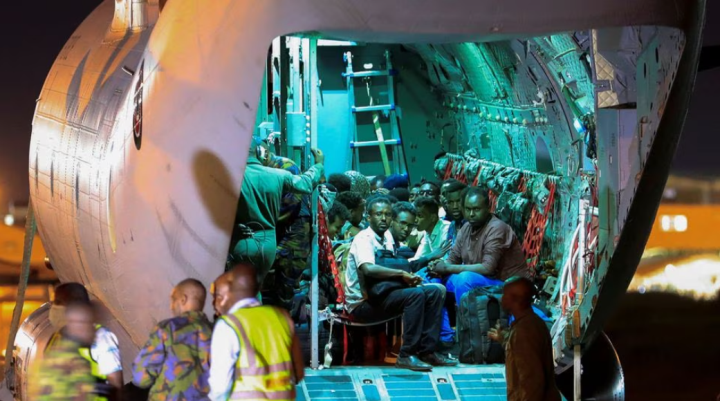

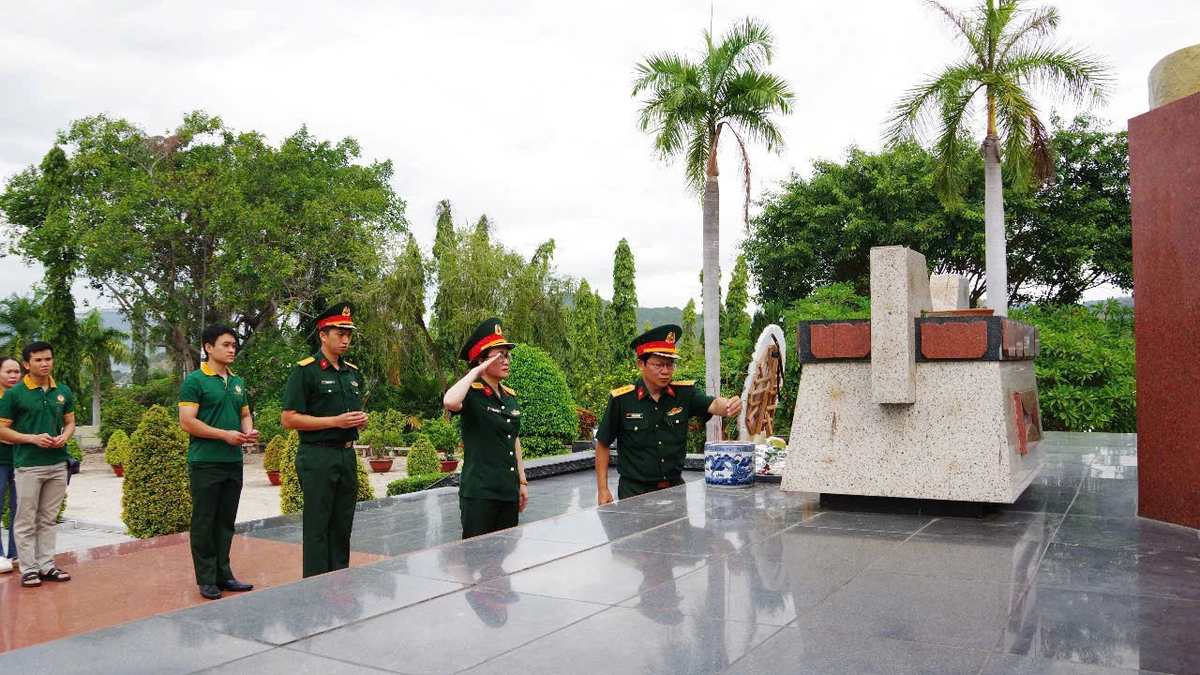
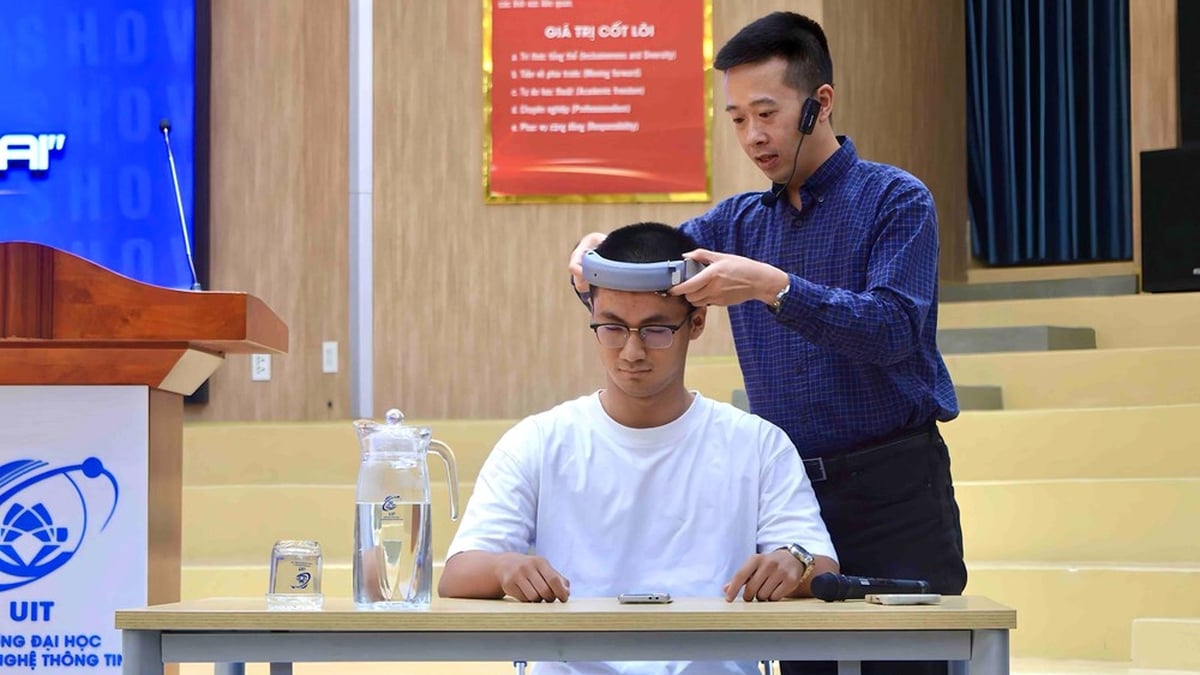
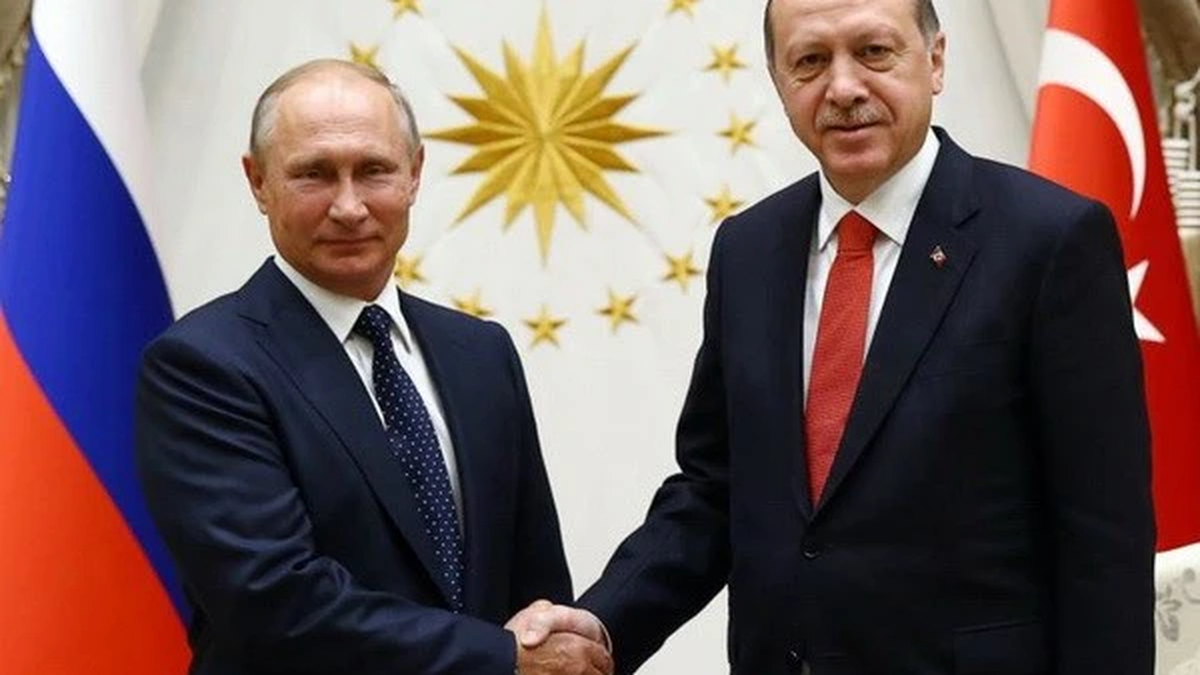





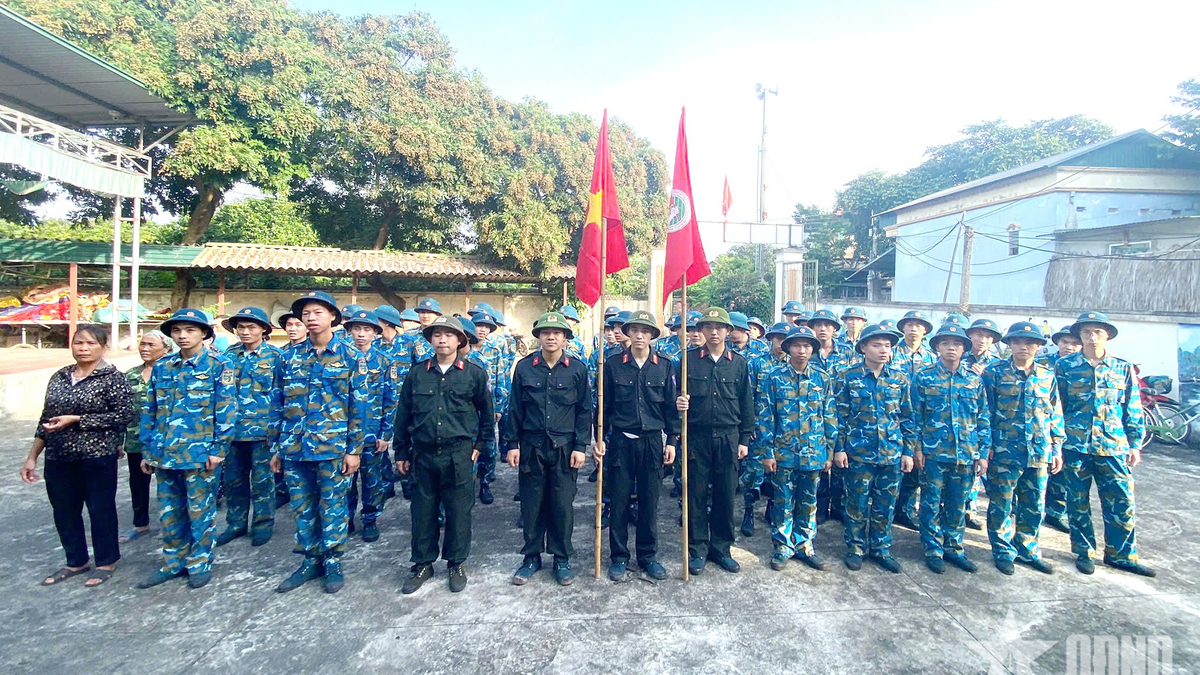
























































































Comment (0)